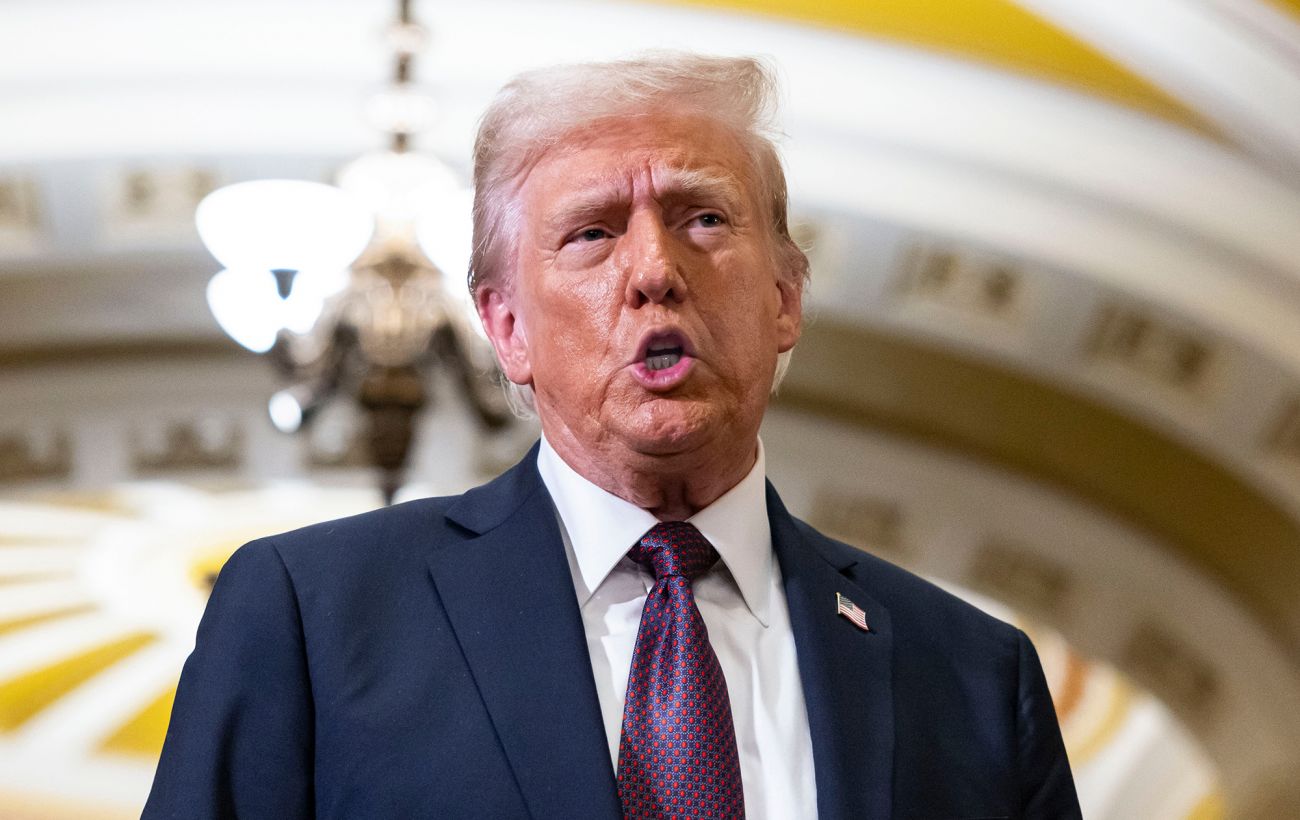Global Trade Dynamics: Saudi WTO Leadership and Tariff Wars
In a transformative era for global trade, Saudi leadership at WTO intersects with China-U.S. tariff disputes, highlighting challenges and reform opportunities in international trade systems.
Published February 20, 2025 - 00:02am

Image recovered from arabnews.com
The appointment of Saqer bin Abdullah Al-Moqbel as the president of the World Trade Organization's General Council has marked a significant milestone. It represents the first time an Arab and Middle Eastern delegate has held this role, reflecting Saudi Arabia's growing influence within international economic circles. Al-Moqbel's presidency, which will cover the 2025-2026 term, is poised to navigate several critical global trade issues. Key priorities for his tenure will include advancing vital WTO reforms, focusing particularly on the dispute settlement mechanism, and facilitating negotiations in the second phase of the Fisheries Subsidy Agreement.
Simultaneously, the council under Al-Moqbel is expected to concentrate on pivotal discussions surrounding agriculture, food security, and developmental concerns. Saudi Arabia aims to utilize its enhanced global economic sway to bolster multilateral trade cooperation and enact meaningful reforms, thereby reinforcing its commitment to international economic dynamics. This leadership role aligns with preparations for the 14th Ministerial Conference scheduled to occur in Cameroon in March 2026.
Meanwhile, global trade dynamics are further complicated by ongoing tariff disputes initiated by the United States under former President Donald Trump. These tariffs, targeted notably at China, have led to significant tensions within international trade circles. The Chinese delegation at the WTO has voiced strong objections, arguing that these tariffs contravene WTO rules and introduce significant economic uncertainty. China warns that such measures could potentially instigate a global recession by disrupting trade flows and causing market distortions and inflation.
The U.S., conversely, has criticized China for not adhering to market economy standards, accusing it of frequent WTO regulation violations. American concerns also emphasize the perceived inadequacy of transparency within China's economic policies, which they argue undermines the efficacy of the WTO in managing such disputes.
Amid these challenges, the WTO Director-General Ngozi Okonjo-Iweala has called for member nations to engage in dialogue and leverage WTO frameworks to navigate the complex economic landscape effectively. The international community is urged to use multilateral mechanisms to resolve tensions and uphold the integrity of the global trading system.
Furthermore, China's diplomatic defense against these tariffs includes filing complaints with the WTO, underlining the strategic importance of this global organization in mediating international trade disputes. Both the U.S. and China remain significant players in the global economy, and their disputes carry considerable implications for worldwide economic stability.
This conjunction of Saudi leadership within the WTO and the ongoing tariff disputes between major global powers underscores a pivotal moment for international trade. There is a pressing need for robust and effective reforms within WTO's framework to mitigate such disputes and foster a more stable economic environment. As Saudi Arabia assumes a crucial leadership role, the international community anticipates proactive management and solutions to these multifaceted trade challenges.







